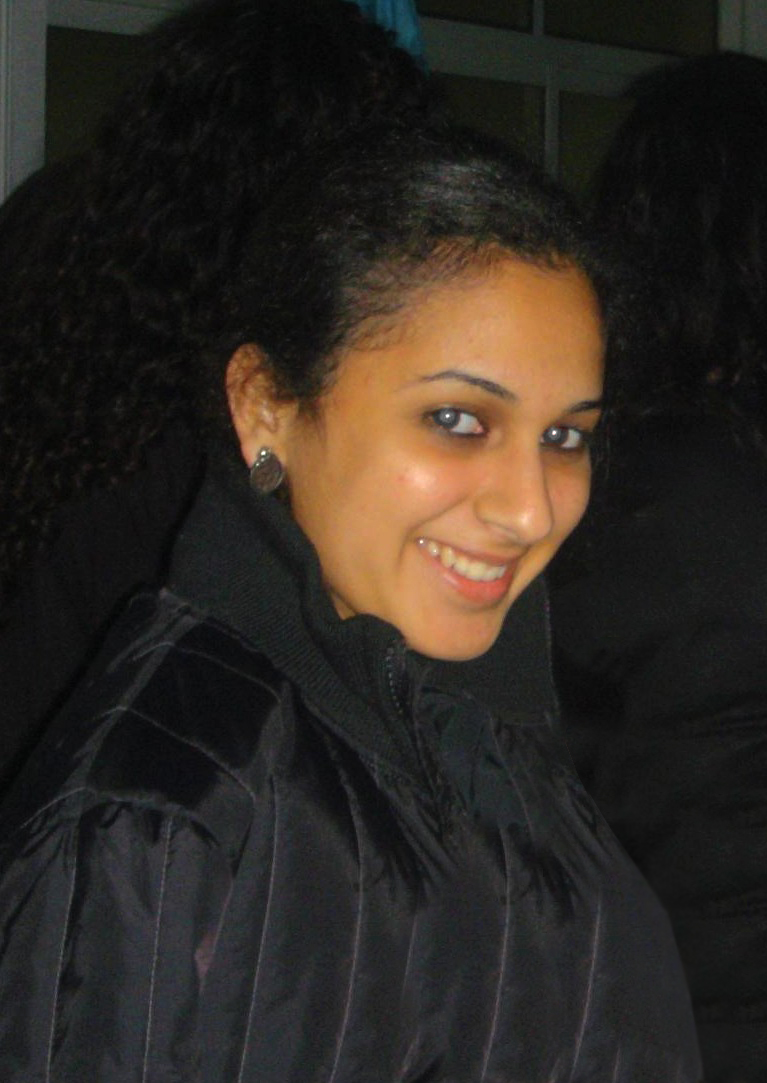I thought that time was healing
All the hurt you left behind
That empty spaces could be filled
My arms, my heart, my mind
And though my body looks the same
As it did when you were here
The emptiness is growing
Even bigger with each year
I thought that time was healing
All the agonising pain
That as the tears were fading
Soon I wouldn't feel the same
And though I can be smiling
And you think that I'll survive
The pain is in my blood now
I have nowhere else to hide
I thought that time was healing
All the loss a mother feels
That now you live within my heart
I had you near me still
But I need so much to touch you
To see you smile again
And those memories I'm told are mine
Can never feel the same
I thought that time was healing
All the while the mask was worn
That underneath a new me
Was waiting to be born
But now I find I am the mask
It helps to keep me safe
And though my heart is breaking
You won't see it in my face
I thought that time was healing
All those tears my eyes have seen
That aching arms that miss you
Could be satisfied with dreams
But here I am, in pain again
And healing stands alone
And mother weeps, the world can see
For a son who can't come home
by Sue White
by Sue White

 In loving memory of Samar Al Ansari: a loving daughter, wonderful sister, and great friend.
In loving memory of Samar Al Ansari: a loving daughter, wonderful sister, and great friend.






